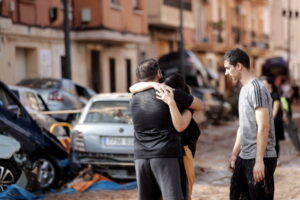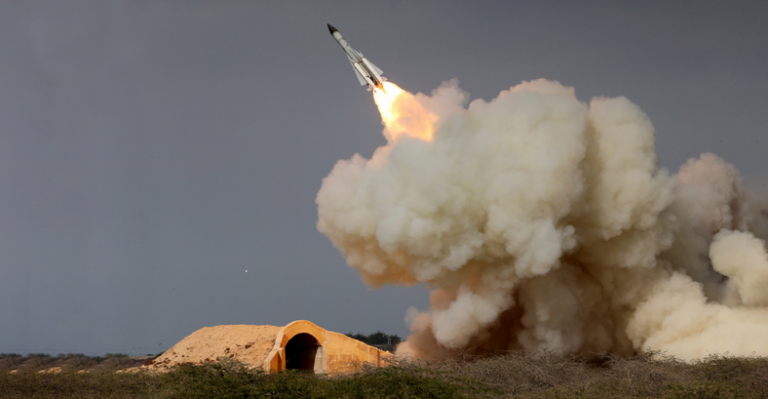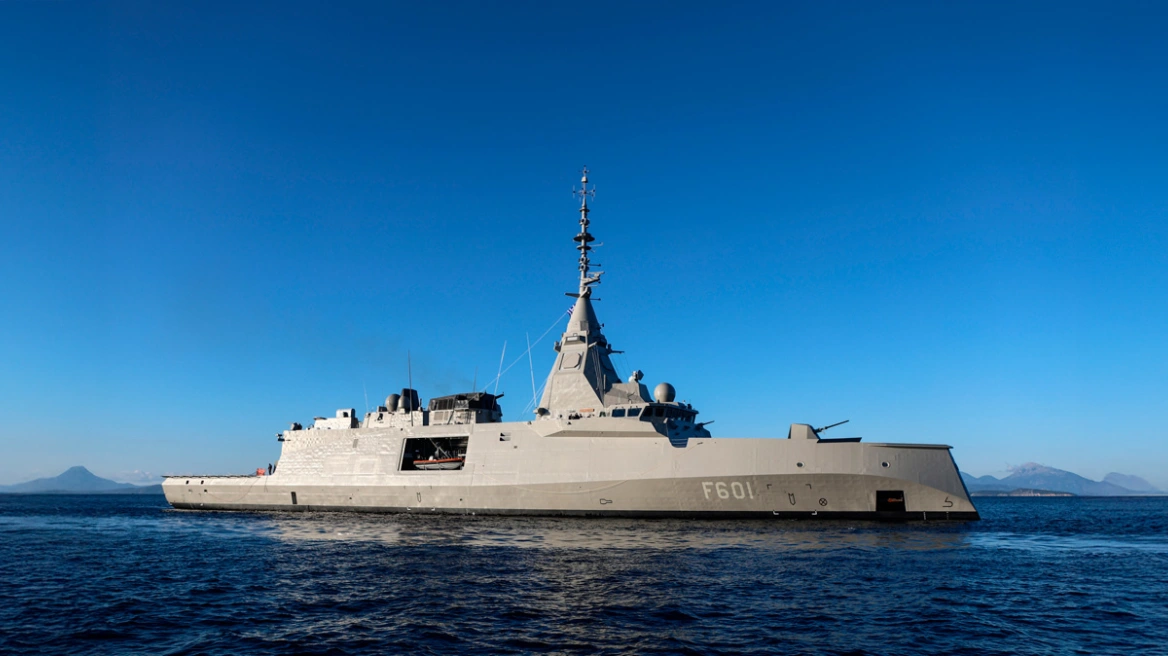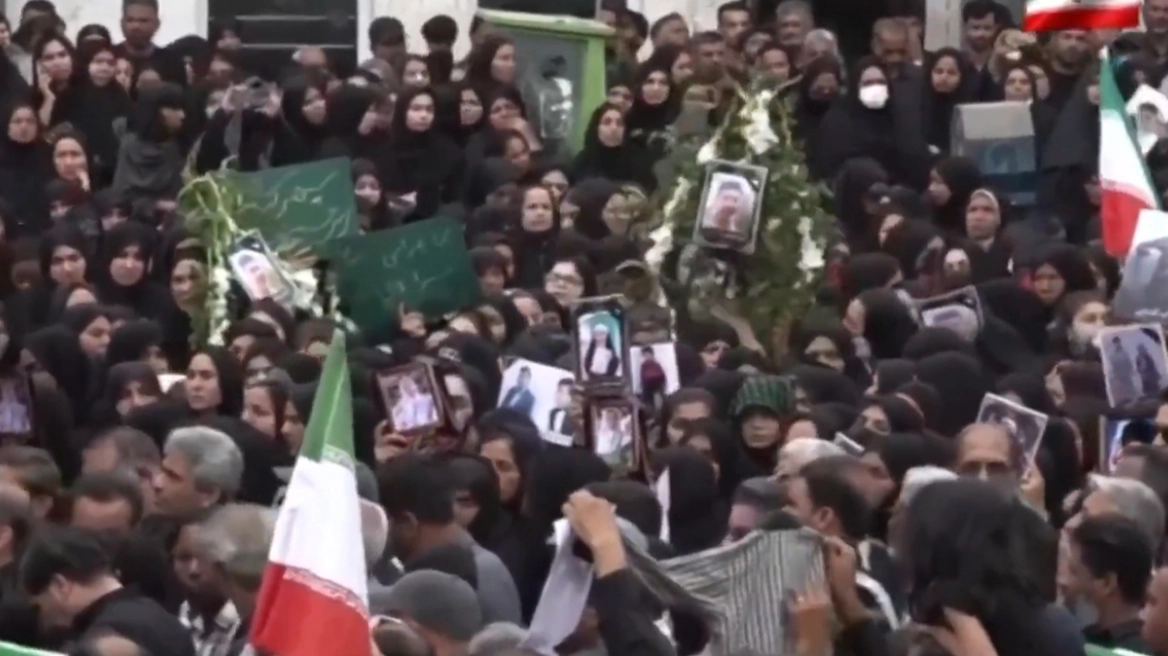Post-apocalyptic scenes are unfolding in Valencia and other areas of Spain affected by the deadly floods. As the death toll—158 so far—continues to rise and warnings of new floods come in, desperate residents are searching through the mud-buried aisles of devastated supermarkets for food and essentials. Spanish Prime Minister Pedro Sánchez, who warned that “the phenomenon is not over,” calling on citizens to stay in their homes, has declared the area a disaster zone.
Infrastructure—roads, bridges, railways, and services—has been destroyed. The courthouse in Valencia is temporarily being used as a site to hold the bodies of citizens who lost their lives, as rescue teams search under tons of mud and debris for dozens of missing people. On the streets, Spanish army forces have been deployed as the situation threatens to spiral out of control: authorities report that eleven individuals have already been arrested for looting (in shopping centers and cars), taking advantage of the chaos and despair in the area.
“We are not thieves. We need to feed our children, though,” says a desperate man, brandishing baby food he takes for his child from a flood-damaged supermarket. Tens of thousands of households remain without access to basic necessities, lacking water and electricity.
The president of the Valencia region, Carlos Mazón, requested the assistance of the Spanish army yesterday to distribute food and essentials to the affected. The Sánchez government responded that it would send another 500 soldiers and national guards, expected in the area this morning. But how will they distribute food when it cannot be transported to the mud-covered Valencia?
From the debris, the layers of mud and stone left by the raging waters, causing the worst natural disaster in Spain’s history (and the second deadliest flood in Europe after Germany), horror emerges. In areas that appear to have been struck by a tsunami, rescue teams search among the piled-up cars and buried homes, under uprooted trees and debris, for bodies. Fears are expressed that many of the missing are buried beneath the tons of mud that have covered Valencia.
More than a thousand soldiers have been tasked with searching from car to car and door to door to find bodies. As the raging waters turned narrow streets into deadly traps and rivers flowed through functioning homes and businesses, they swept away everything in their path: cars, people, animals, and even bridges. And they uncover horrific stories from those eight hours of flooding, such as that of eight people found dead in a residential garage after drowning while trying to retrieve their cars to escape.
For those who survived, the situation is dire. Thousands are homeless and wander the streets desperately searching for something to eat. But there are also those trapped. Residents of Valencia report that in many homes, people who did not manage to escape are trapped inside, where the water has risen to waist height. They report cases of individuals whose doors and windows are blocked by mud, leaving them trapped inside.
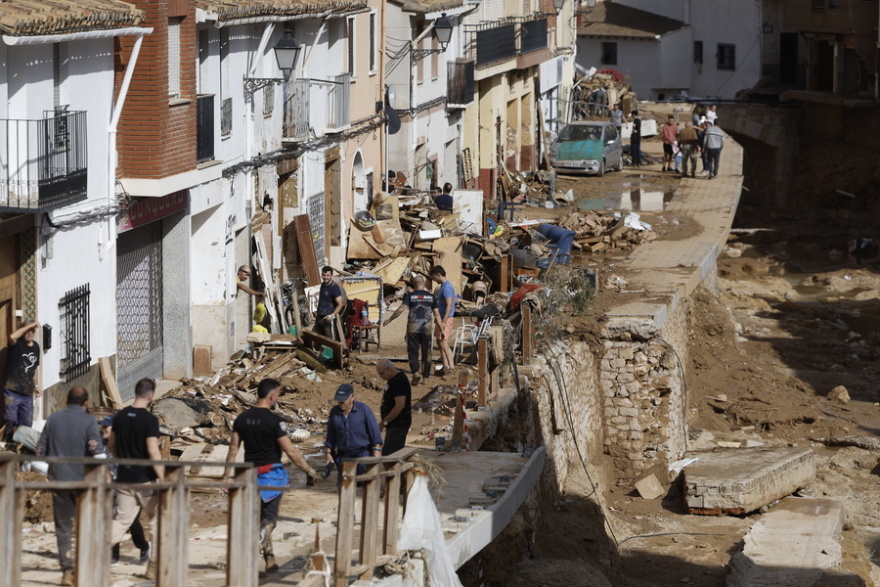
The Mestalla Stadium in Valencia, where the local team was scheduled to face Real Madrid tomorrow, has been turned into a relief center for flood victims. The derby has been postponed as the team has shifted its focus to helping local residents in need.
At the same time, fearing the outbreak of diseases, the Spanish Ministry of Agriculture is coordinating the rapid removal of animals that drowned in farms and stables in Valencia due to the flood.
Ask me anything
Explore related questions
